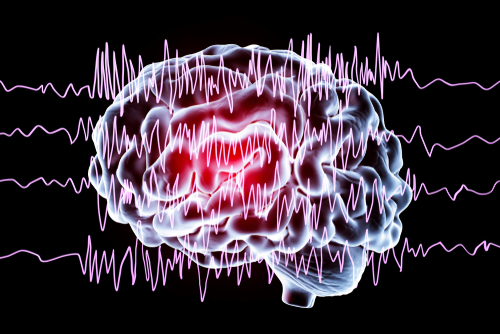Yes, depending on the situation, sporting injuries that cause trauma to the brain can affect one’s cognitive functioning. Trauma to the brain, also referred to as a traumatic brain injury (TBI), is defined by the American Association of Neurological Surgery as “a disruption in the normal functioning of the brain that can be caused by a blow, bump or jolt to the head, the head suddenly and violently hitting an object or when an object pierces the skull and enters brain tissue.” While additional studies are required to fully understand the long-term effects of sports-related brain trauma, current data points to several concerning trends including an “increased risk of depression, cognitive impairment, earlier onset Alzheimer’s disease, dementia, and neurodegenerative cause of death.” A TBI has the propensity to affect one’s physical, neurological, cognitive, and/ or emotional functioning. The symptoms associated with brain trauma that occurs because of a sporting injury will vary significantly, as they depend on the type of injury, the severity of the injury, as well as the area of the brain that was injured.
Cognitive Effects
According to the Centers for Disease Control and Prevention (CDC), “cognitive impairment is when a person has trouble remembering, learning new things, concentrating, or making decisions that affect their everyday life.” Cognitive impairment is a common consequence of traumatic brain injury. Sustaining a TBI could cause an individual to develop cognitive symptoms, some of which include but are not limited to the following examples:
- Diminished attention span and awareness
- Lapses in memory
- Trouble concentrating
- Impaired decision making
- Altered overall intelligence
- Lack of coordination
- Poor impulse control
- Emotional dysregulation
- Displaying poor judgement
- Reduced motivation
- Communication difficulties
- Ineffective organizational planning
A TBI can impede one’s complex cognitive skills such as self-monitoring, self-awareness, reasoning, and problem-solving. It is important to bear in mind that not all sports injuries will inevitably result in brain trauma, and even in situations where brain trauma does occur, not all individuals will experience adverse effects on their cognitive functioning.
For Information and Support
If you are concerned for yourself or a loved one regarding substance abuse and/ or addiction, we recommend reaching out for help as soon as possible. If left untreated, substance abuse can result in long-lasting and potentially life-threatening consequences. Keep in mind: you are not alone! There is an entire network of professionals that are available to help and support you and your loved one throughout the recovery process. The earlier you seek support, the sooner your loved one can return to a happy, healthy, and fulfilling life.
Please do not hesitate to reach out with any questions regarding our specific program at Haven House Addiction Treatment and/ or general substance abuse and/ or addiction treatment-related information. Our highly trained staff is readily available to discuss how we might best be able to help you and your loved one. We can be reached by phone at 424-258-6792. You are also welcome to contact anytime us via email at admissions@hhtxc.com.



